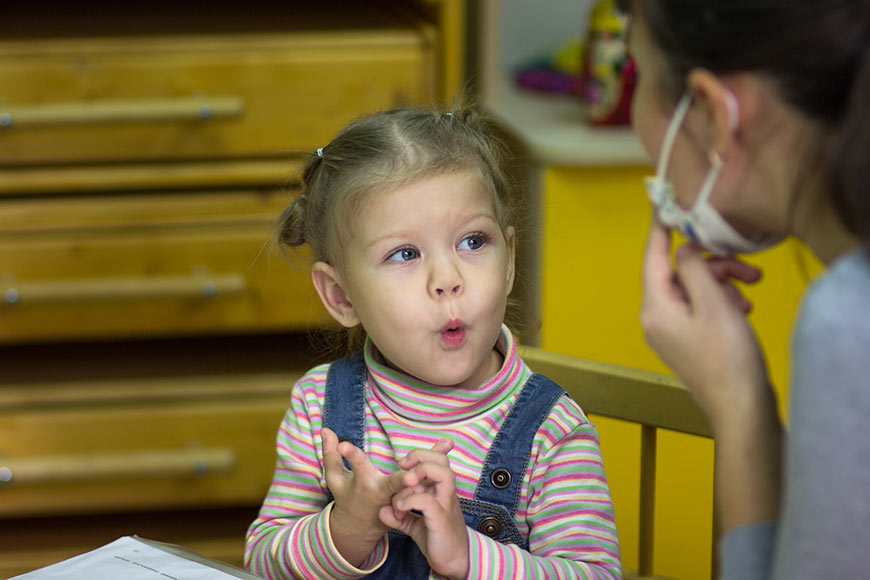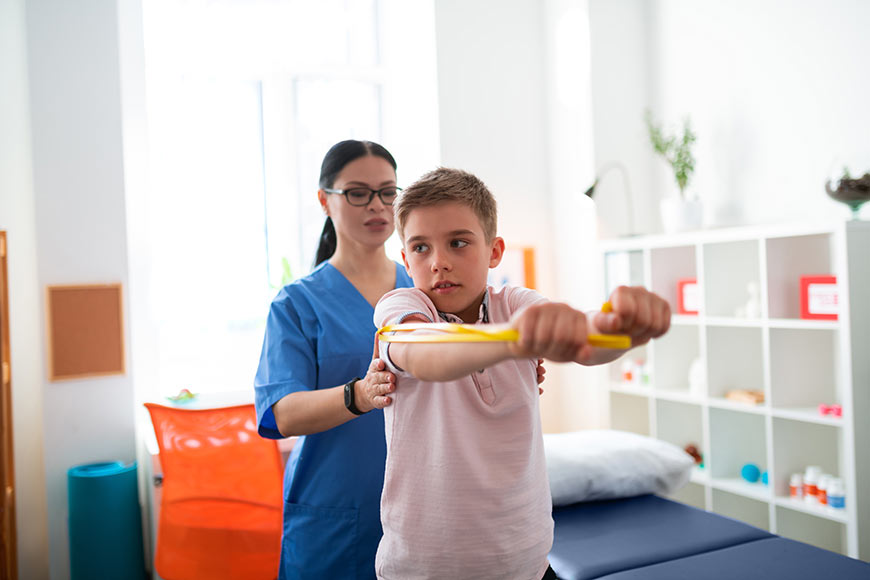We are thrilled to announce the grand opening of our…

Similarities of Apraxia and Phonology
Apraxia and Phonology – What are the Similarities?
Sometimes, it can be difficult to tell the difference between apraxia of speech and phonological disorder, but there are indicators that can help identify apraxia vs. phonological disorder. Before we can identify how the diagnoses are different, it is important to note how the two are the same. Often a patient with apraxia of speech or a phonological disorder present with the following similarities:
- Poor level of intelligibility: The child will be difficult to understand. Sound errors are extensive in both disorders and the level of speech intelligibility is usually 50% or less to an unfamiliar listener.
- Poor expressive language skills: Caused by very low level of intelligibility. Often children with apraxia of speech or a phonological processing disorder are not understood by others. As a result, the child’s motivation to speak is poor and therefore, they don’t try to use new words or combine words in speech. The reasons the child doesn’t want to speak in sentences is different for the diagnoses. A child with apraxia cannot combine words to make a sentence and a child with phonological processing disorder can speak in sentences, but they don’t because they are not understood by others.
- Use of pantomime: Children with apraxia and children with a phonological processing disorder will often use gestures, facial expressions, and pointing rather than speech to communicate because their attempts at speech are unsuccessful or can’t be understood by others.
- High receptive language skills: Receptive language skills are often average or above normal. Apraxia of speech and phonological processing disorder impact verbal communication and expressive language skills, not receptive language skills. The child will understand what is being said to them and understand how to respond, but their response will be hindered by the speech disorder.
- Appropriate pragmatic and play skills: Just like receptive language skills, pragmatic and play skills are not usually delayed in children with apraxia of speech or phonological processing disorder. There will be healthy social and play skills present when interacting with others.
- Noticeable speech sound distortions: In both apraxia of speech and phonological processing disorders, the sounds in words have distinct sound distortions. We will examine how they are different in the next blog post!




